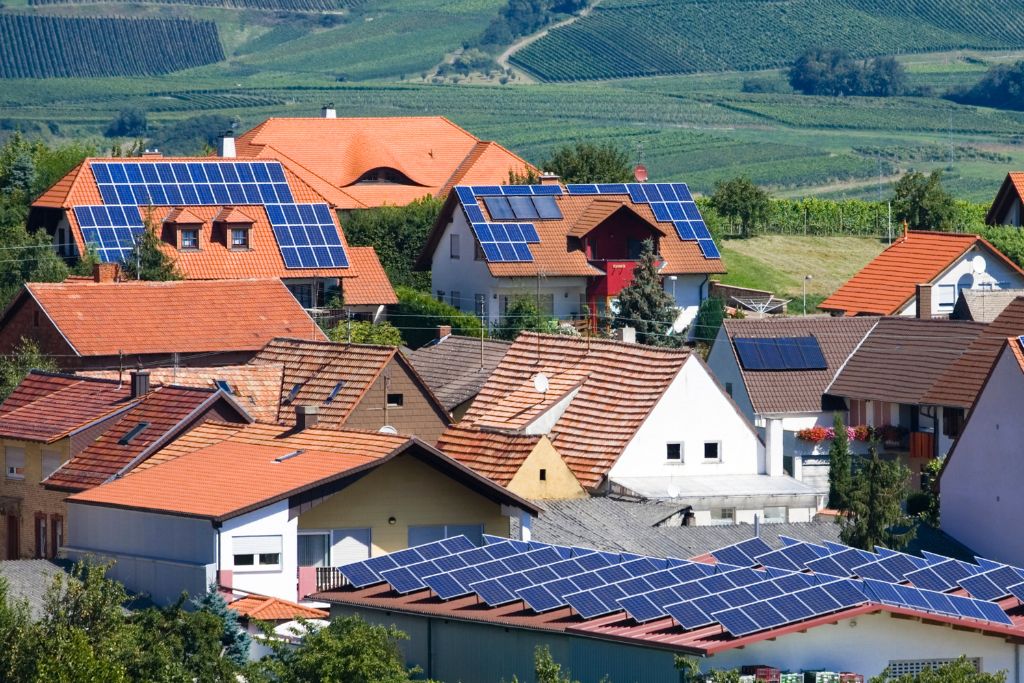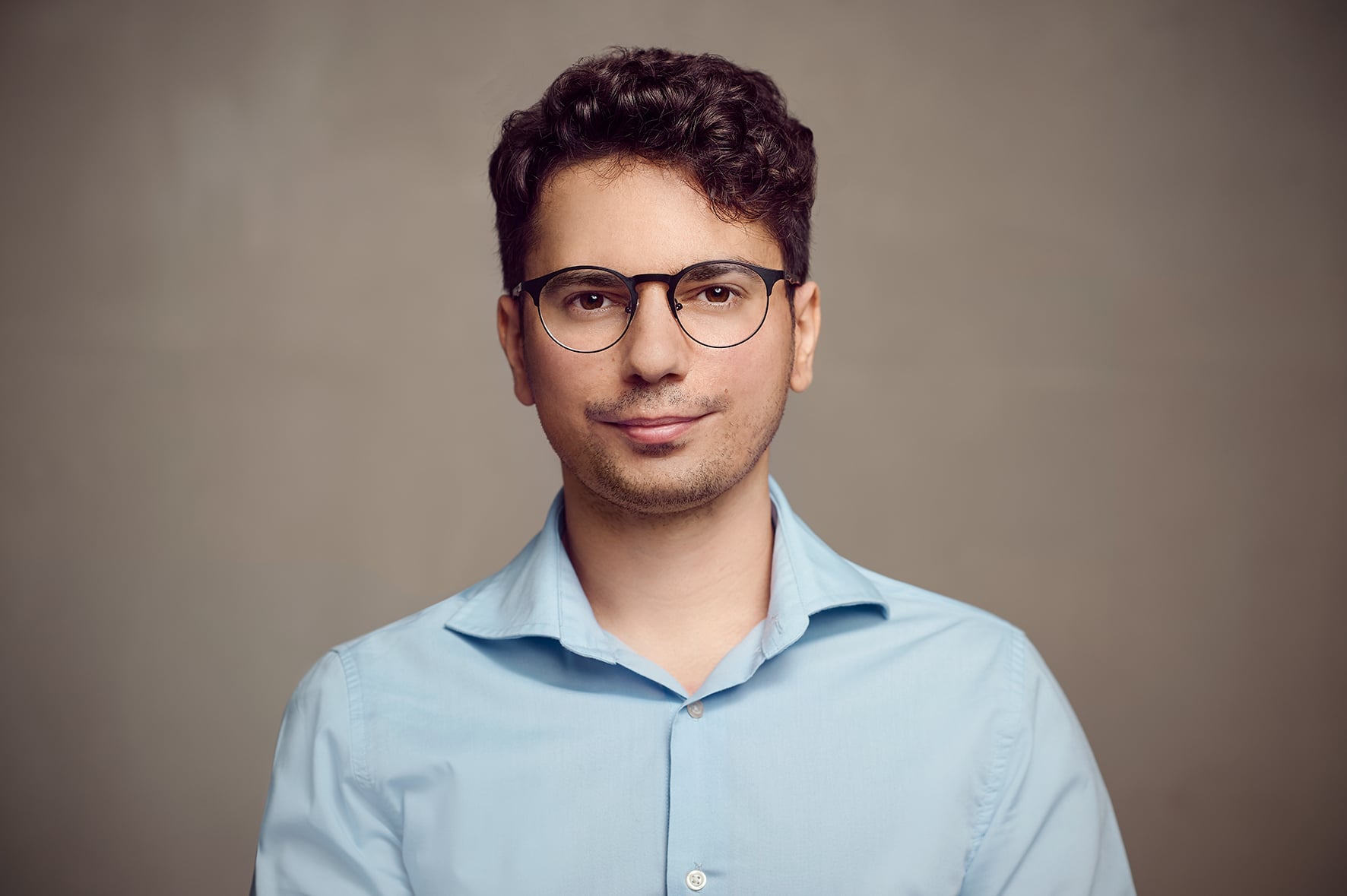Energy communities are easy to establish, eco-friendly, and crucial in helping low-income and vulnerable communities access affordable energy. Yet, they are struggling to take off. Why?
—
Today, the European Union is torn between reducing carbon emissions and addressing the growing social inequalities within its 27 constituent nations. As each country finds itself exposed to an overreliance on foreign providers and market volatility, how its citizens consume energy locally is becoming more relevant.
Data suggests this volatility may increase. According to Eurostat, 9% of the EU population struggled to heat their homes adequately in 2022, compared to 7% the year before. That’s 40 million people, almost comparable to the total population of Spain. Energy poverty can affect people’s health, education, and economic opportunities.
Instead of building bigger and more expensive power plants, the EU has enacted several directives to promote a more decentralised energy system, aiming to allow local initiatives, known as energy communities, to flourish.
Energy communities are small organisations, sometimes run by citizens, companies, or public institutions to locally produce and consume generated sustainable energy. For example, neighbours could band together to install solar panels on their roofs, or purchase a stake in a wind farm. The energy generated by these systems can be distributed among people to reduce their energy costs, or sold to the main grid for income.
EU law regarding energy communities is based on two main regulations: the Directive on Common Rules for the Internal Electricity Market (2019) and the revised Renewable Energy Directive (2018). The former aims to help consumers’ adopt energy communities by enabling them to take part in energy markets, and provide flexible services through demand-response and storage. The latter promotes the use of renewable energy and allows citizens to play an active role in the development of renewables “by enabling renewable energy communities and self-consumption of renewable energy.” National initiatives level the playing field further through grants and other initiatives.
Yet, the public is still mostly unfamiliar with such initiatives.
“The first impression we often encounter from many people is that they are not aware of what an energy community is,” said Alexandros Chronis, pilot manager of Collective Energy (COEN), a non-profit founded in Athens in 2020.
As he and his colleague Athanasios Vasilakis explained, building trust with locals is crucial to start an energy community, but it can be complicated.
“Our priority is to showcase the concept as clearly as possible to establish trust with prospective members and investors,’’ Vasilakis told Earth.Org. ‘’But it’s not easy, given that we are a small organisation still working to gain recognition.”
Nevertheless, things seem promising in Greece, with around 1,500 energy communities established as of 2023.
Chronis is keenly aware of the future challenges organisations like COEN face. “To capture the public’s interest, we need more success stories demonstrating that these initiatives can benefit citizens,” he said.
To address this issue, COEN has partnered with an EU-funded project, RESCHOOL, which focuses on public engagement.
The EU has already addressed energy poverty through various policy initiatives. For example, the Clean Energy for All Europeans Package supports locals to develop energy communities throughout Europe. Local authorities also play a role. In Spain, municipalities can select vulnerable families to insert them into social projects linked to energy communities.
In the Spanish city of Girona, a company called Km0 Energy offers consultancy to residents interested in joining local energy communities. Girona launched the Comunitats locals d’Energia (Local Energy Communities) initiative to encourage its municipalities and citizens to create energy communities. The first four energy communities were implemented with the help of Km0 Energy.
Spain, like Italy and Portugal, faces unique challenges in terms of energy poverty, as it endures both high and low temperatures between summer and winter. According to Statista, in 2021, one out of ten Spanish households still consumed less energy than the national median, suggesting financial difficulties in a significant part of the population.
Javier Muñoz, Km0’s technical pilot site manager, says initiatives like the one in Girona are crucial to provide citizens with technical, legal, economic, and participatory tools to combat rising energy costs.
“These services are offered to prevent energy poverty among citizens, allowing them to be part of energy solutions and save on their monthly electricity bills,” he said. Like COEN, the project collaborates with RESCHOOL to foster engagement.
Other similar EU projects tackle the energy issue from different perspectives.
PROLIGHT, for example, aims to retrofit existing European buildings to improve their energy efficiency, with six demo sites and energy communities currently developing a neighbourhood-based approach. Another project, TIMEPAC, promotes energy efficiency in existing buildings and houses to comply with EU certifications. The efficiency of households plays a significant role in exacerbating energy poverty. Inefficient buildings tend to waste more energy than modern and efficient ones, primarily through heating, cooling, and lighting. It is estimated that almost 75% of the EU building stock is energy inefficient, contributing to higher utility bills for citizens. For low-income individuals and families in vulnerable socioeconomic situations, this can be a significant problem.
More on the topic: Improving the Energy Efficiency of European Buildings
Despite energy communities’ promising role in addressing critical social issues and the sheer amount of European-funded projects, these programs are still struggling to gain momentum. Poor awareness and perhaps a reluctance to invest by local citizens may have something to do with it. In this regard, the Recovery and Resilience Facility, the centrepiece of NextGenerationEU, could provide funding where initial capital is missing. However, this measure cannot be effective without a quicker permitting process, especially as substantial hindrance stems from the member states’ excessive bureaucracy and red tape. Some, in fact, already widely support energy communities. In contrast, others restrict their expansion, resulting in a highly fragmented policy and regulatory landscape.
The energy transition is a necessary step for Europe’s future. However, realising the full potential of energy communities and other initiatives hinges on addressing long standing regulatory issues, finally bridging the disparities among European nations.
The EU is currently taking measures to bridge the existing gap. For example, last October the bloc published a new proposal to amend the existing directives to improve the Union’s electricity market design. In its new form, the Directive ensures that households and Small and Midsize Businesses have access to regulated retail prices during periods of crisis. In addition, member states are compelled to establish a system of suppliers for emergencies. Consumers can also either share renewable energy with each other or develop new energy communities, a process the new Directive strongly facilitates.
This should become the new standard for all 27 EU nations.
This story is funded by readers like you
Our non-profit newsroom provides climate coverage free of charge and advertising. Your one-off or monthly donations play a crucial role in supporting our operations, expanding our reach, and maintaining our editorial independence.
About EO | Mission Statement | Impact & Reach | Write for us


















